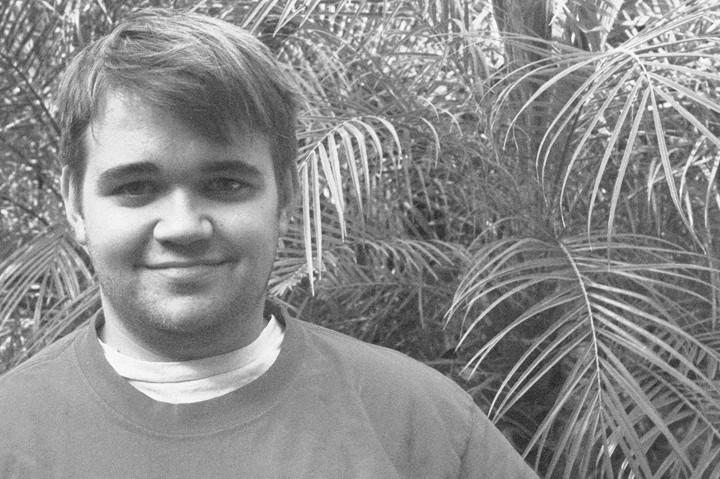The magic bullet to all of the world’s evils is democracy. Essentially, this is the premise by which the George W. Bush administration has operated on since 9/11. Afghanistan is often touted as an example of the progress democracy brings to a country.
“Before September the 11th, 2001, Afghanistan was ruled by a cruel regime that oppressed its people, brutalized women and gave safe haven to the terrorists who attacked America,” President Bush said in his radio address earlier this month. “Today the terror camps have been shut down, women are working, boys and girls are back in school and 25 million people have now tasted freedom. The Afghan people are building a vibrant young democracy that is an ally in the war on terror. And America is proud to have such a determined partner in the cause of freedom.”
But the Afghanis’ treatment of Christian convert Abdul Rahman casts a dark shadow on these purported democratic progresses. It also leads one to question the effectiveness of the magic bullet of democracy in the world of Islam.
Sixteen years ago Rahman converted to Christianity while working for a non-government organization assisting Afghan refugees in Pakistan. He sought refuge in Germany during the last nine years of the Taliban rule of Afghanistan. Rahman returned home to Kabul after the United States ousted the hard-line regime. Life was peaceful for Rahman under the new regime until Afghani police discovered last month that he owned a Bible. Now, Rahman is undergoing the trial of his life, quite literally.
“We are Muslims, and becoming a Christian is against our laws,” Prosecutor Abdul Wasi told the Associated Press. “He must get the death penalty.”
Showing the great tolerance of Islamic fundamentalists, Afghani officials have offered to drop the charges and let him live if he simply converts back to Islam.
The Afghani constitution supposedly guarantees religious liberty. Article 2 of the constitution establishes Islam as the official religion of Afghanistan, but also states that other religions are free to perform their ceremonies “within the limits of the law.” The trouble is Article 130 of the constitution provides that Islamic Law is the default when no other laws provide guidance.
This is the article prosecutors are using as the basis for the criminal charges against Rahman. Obviously Islamic law doesn’t tolerate those who practice other religions, especially those who convert from Islam.
“We will cut him into little pieces,” jail employee Hosnia Wafayosofi told the Chicago Tribune of Rahman.
Ninety-nine percent of Afghanistan’s population is Muslim. We are told that Afghanistan is a “moderate” Islamic country. It is difficult to see any substantive difference between these “moderates” and those fundamentalists who have supposedly hijacked Islam. At least the Afghanis are going through the trouble of putting Rahman in front of a kangaroo court instead of secretly executing him.
News of Rahman’s case has drawn protest from around the world, including the United States.
“In a country where soldiers from all faiths, including Christianity, are dying in defense of your government, I find it outrageous that Mr. Rahman is being prosecuted and facing the death penalty for converting to Christianity, which he did 16 years ago before your government even existed,” said Rep. Tom Lantos D-Calif., in a letter to Afghan President Hamid Karzai.
Under great pressure from members of the international community, many of whom still have soldiers in harm’s way in Afghanistan, Karzai appears to have found a way to appease the world without inflaming his Muslim population: the insanity defense.
“Doctors must examine [Rahman],” said Moayuddin Baluch, religious adviser to President Hamid Karzai. “If he is mentally unfit, definitely, Islam has no claim to punish him. He must be forgiven. The case must be dropped.”
This outcome would do nothing to strengthen religious freedom in Afghanistan. One must simply claim to be crazy in order to be a Christian in this “moderate” Islamic democracy. The freedom of conscience is essential to any free society. In this respect, the Afghanis have no more freedom than those living under a Communist regime in China.
Spreading democracy throughout the world is a noble idea worth fighting for. But clear democratic elections alone won’t deliver all the freedom we’ve promised.
Jason is a second year law student.
Contact him at jdore@lsureveille.com
Afghanistan lacks religious liberty
By Jason Doré
March 23, 2006




